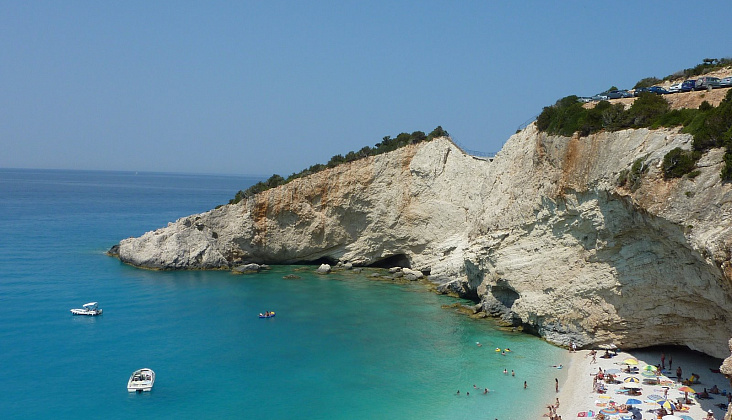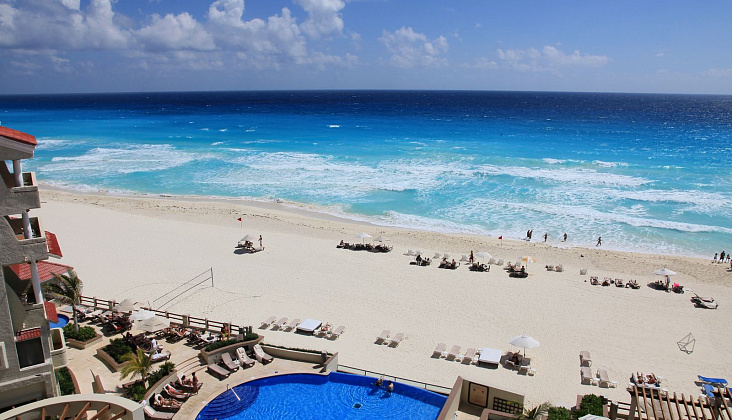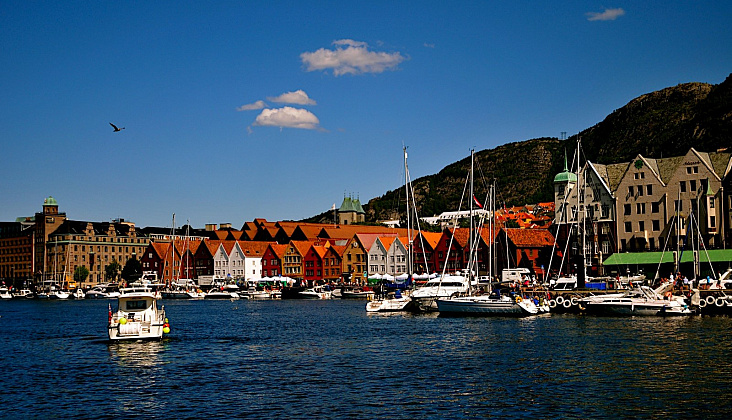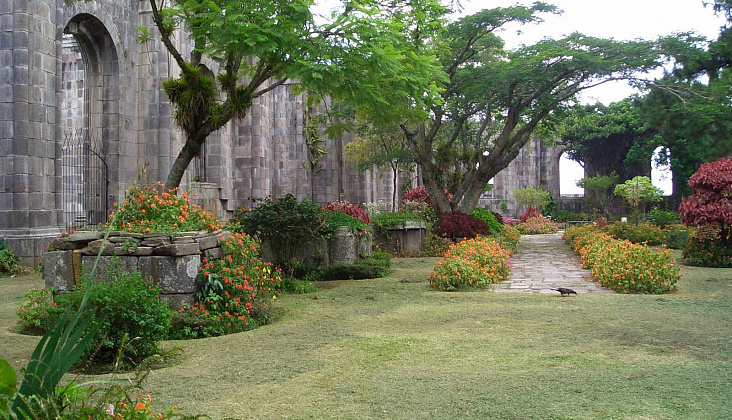Spain – a state in the south-west of Europe
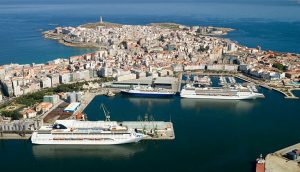 SHOPPING
SHOPPING
Shops are open from 9.00 to 13.00 and from 16.00 to 20.00 from Monday to Saturday. Large department stores – from 10.00 to 21.00 from Monday to Saturday without a break, supermarkets – from 9.00-10.00 to 20.00-21.00 without a break, from Monday to Saturday. From 13.00 to 16.00 – siesta. On Sundays and holidays (with the exception of specially agreed days) everything is closed. In summer, in tourist areas, shops are open until 22.00 (sometimes until 23.00) without days off.
Spain is the country of bullfights and flamenco, temperamental beauties and ripe oranges, which is why souvenirs from Spain are also very unusual:
Toro is a bull in Spanish (hence the “bullfighter”) and a kind of symbol of the country. Bull souvenirs, large and small, hard and soft, from a variety of materials, can be found everywhere in Spain.
Without castanets can not do the flamenco dancers. Do not forget to buy them a luxurious Spanish scarf and a disc with flamenco music. They also say that castanets calm their nerves well.
Veer – an indispensable attribute of the noble Spanish Donna. Fans are very different: at prices ranging from 2 to 500 euros, made of paper, plastic, wood, lace, but equally beautiful and variegated with flowers or views of Spain. By the way, they have practical application – in the hot summer in Spain you cannot do without them.
Once in Toledo, pay attention to leather goods. Toledo blades, inlaid with gold and silver, are made here by the ancient method brought to Spain by Arabs-conquerors.
WHERE TO STAY
Hotels in Spanish resorts are predominantly urban, do not have their own beaches and are located in small towns with many shops, bars, restaurants and discos “at your side.” The use of swimming pools, as well as sun beds in the vast majority of hotels is free of charge.
Not all hotels offer animation programs. Many children’s mini clubs operate only during the summer season, and the hotel’s indoor pools are closed from June to September. Outdoor pools usually operate from 8: 00-9: 00 to 19: 00-20: 00.
For excursion tours are usually offered, as a rule, 2-3 * hotels in the city center (not the best, since they only need to spend the night, the rest of the time is spent traveling), meals – breakfast (most often continental) plus dinner.
In the ski resorts, on the contrary, high-level hotels, mainly with half board (“buffet”).
Check-out time in hotels in Spain, as a rule, is 10 am, so on the day of departure, by this time it is necessary to vacate the rooms and pay for purchased additional services (mini-bar, telephone, etc.) in the hotel accommodation service (reception).
When choosing a place to live in Spain, it is worth remembering that there are several types of accommodation in the country, which are characteristic only for this country and have specific names:
Hostal (family hotel) – one of the cheapest options for spending the night. Most often they occupy a detached small mansion, either one or several floors or entrances in a large house. In small bars or cafeterias, the owners themselves can provide meals.
Pension (guesthouse) – a private family hotel. Very close to the hostal, but below the level of service. Usually tourists stop here only to spend the night one night.
Aparthotel / Residencia (aparthotel / residence) – consists of apartments, each of which includes one or more rooms and a kitchen with a necessary set of dishes. Payment is taken for each apartment, regardless of the number of residents.
Apartments / Apartamentos (apartments) – ordinary apartments in residential apartment buildings, which are rented for long periods (usually at least one week).
Casa Rural (rural house) – a country house with a large territory, which is often planted with a garden.
Villa (Villa) – a private house, in a small area which may be a swimming pool, tennis court, lawn or playground.
Palacio (old mansion) – accommodation in historic buildings is one of the most expensive in Spain.
Parador (inn) – usually owned by the state and located in medieval castles, monasteries, fortresses or palaces. Service level – 4-5 *.
Posada (rural hotel) – a small manor turned into a hotel. Usually located in the countryside. In addition to the overnight stay, guests may be offered breakfast and a small bar.
Monasterio / Convento (monastery) – often functioning monasteries are allowed to spend the night for a nominal fee. On the provision of the room must be agreed by phone in advance.
Albergue / Refugi (shelter) – a small heated house with a kitchen, often located along the tourist routes in the mountains and national parks.
SEA AND BEACHES
The coastline of Spain is one solid beach with a length of a couple of thousand kilometers. The beaches are mainland and island, sea and oceanic, sandy and pebble. Many beaches in Spain are marked with blue flags – the hallmarks of ecological purity.

